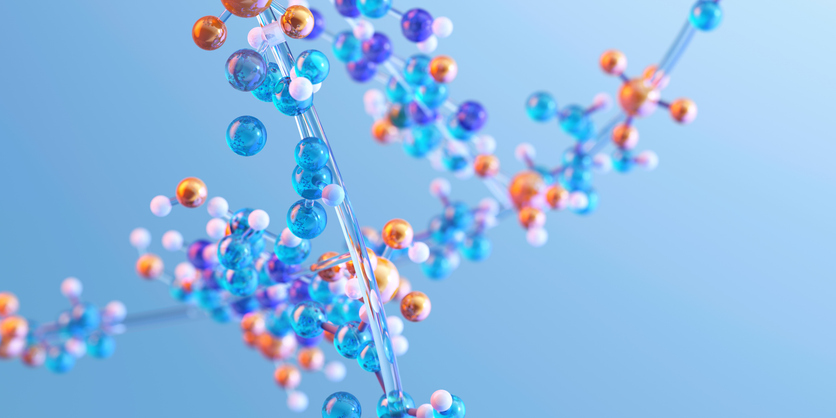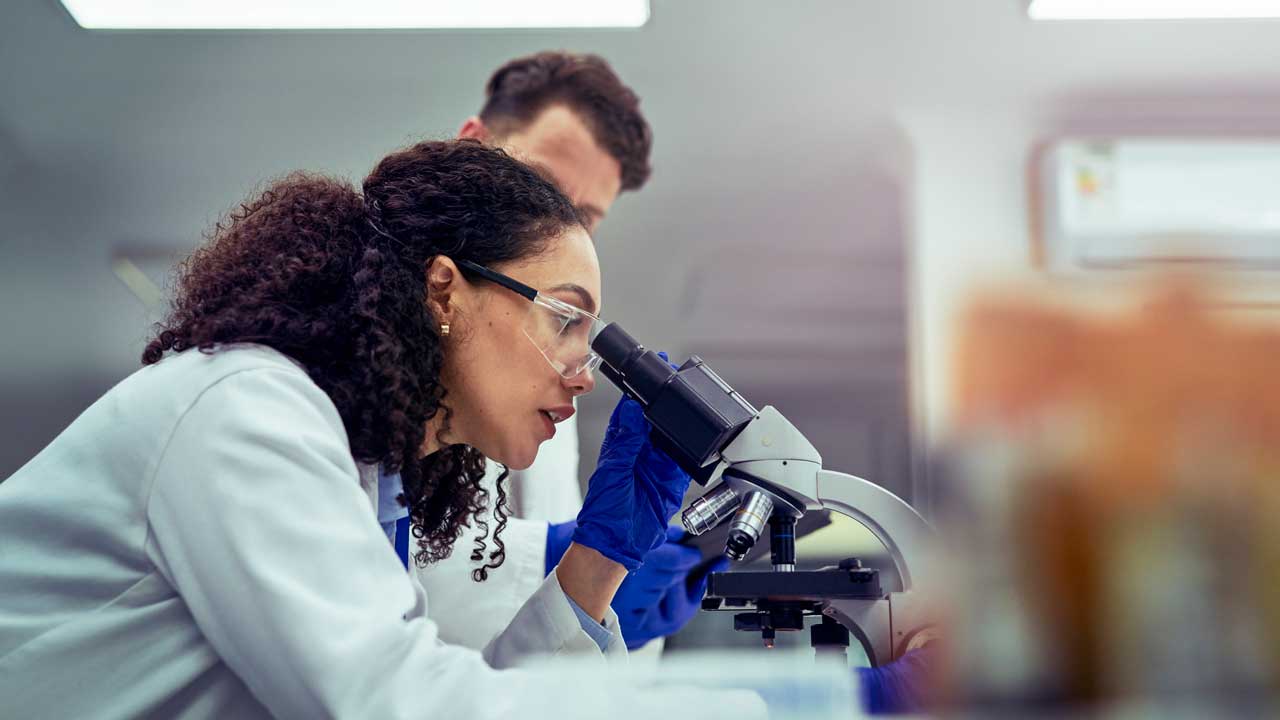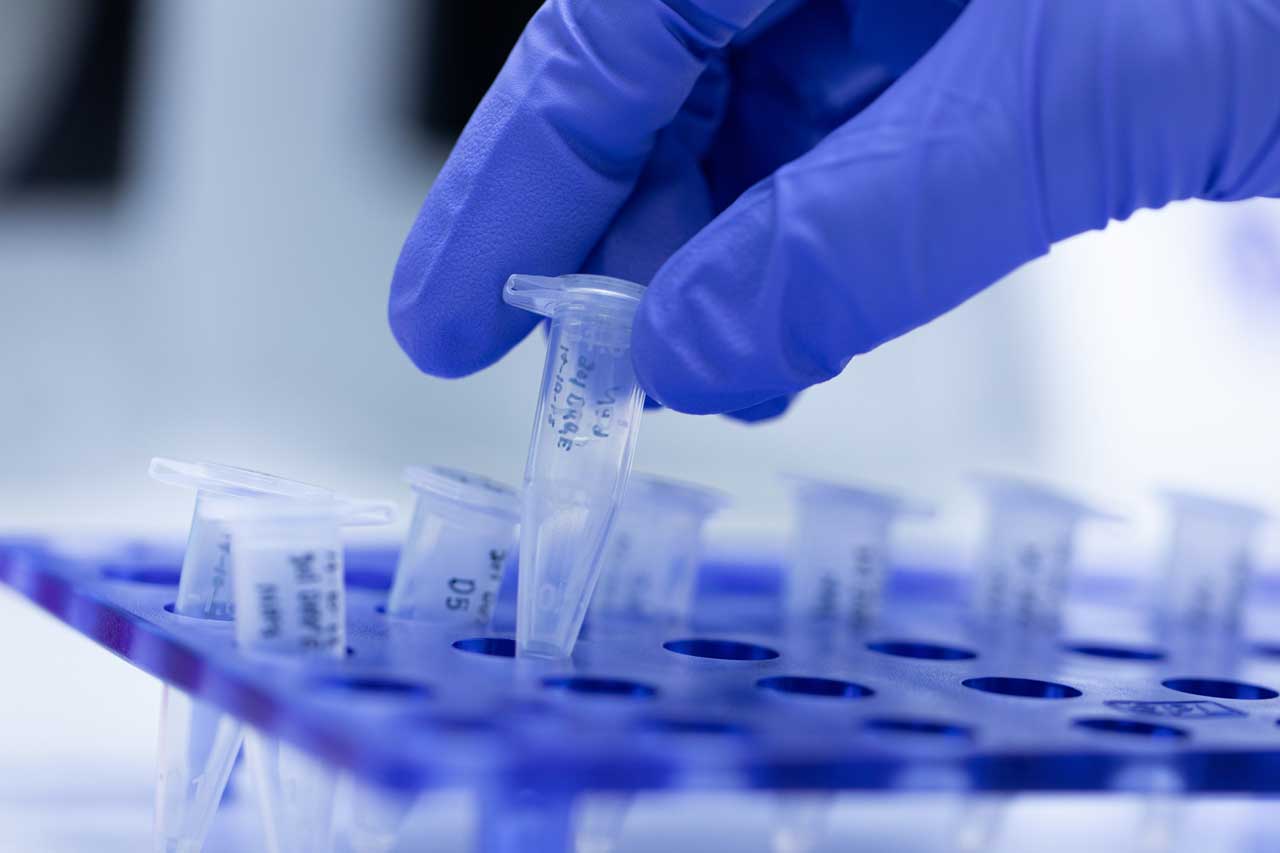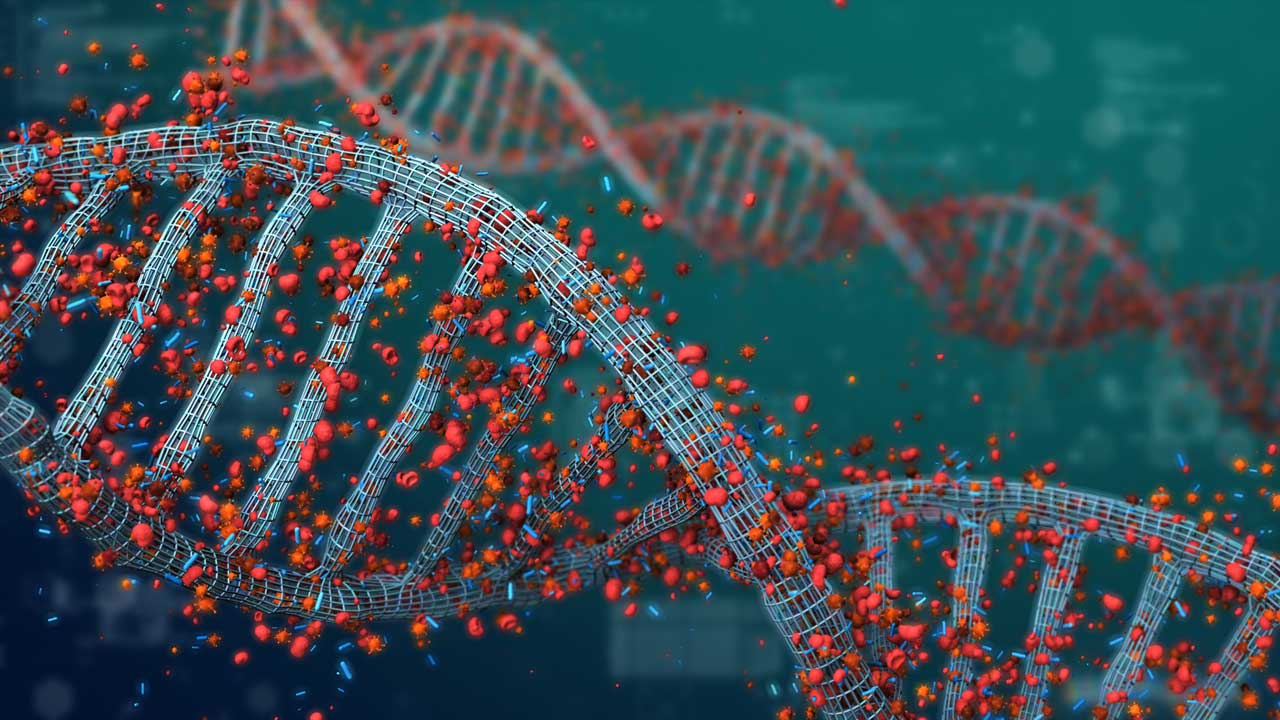
The advent of automated peptide synthesis has fundamentally transformed the landscape of peptide manufacturing, delivering unprecedented levels of efficiency, reproducibility, and quality control that were previously unattainable through manual synthesis methods. This technological revolution addresses the most significant challenges in peptide production, including human error, batch-to-batch variability, and throughput limitations that have historically constrained the development of peptide therapeutics and research tools.
At Adesis, we know that automated peptide synthesis represents more than just a technological advancement. Indeed, it embodies a fundamental shift toward precision manufacturing that ensures every peptide molecule meets exact specifications.
The Evolution of Peptide Synthesis Automation
The journey from manual peptide synthesis to fully automated systems spans several decades of technological innovation and refinement. Early peptide synthesis required highly skilled chemists to perform each coupling reaction manually, monitor progress through time-consuming analytical procedures, and make real-time decisions about reaction conditions and purification strategies. This manual approach, while effective for small-scale research applications, proved inadequate for the reproducibility and throughput demands of commercial peptide production.
Modern automated peptide synthesis systems incorporate sophisticated software control, real-time monitoring capabilities, and advanced robotics, enabling precise control over every aspect of the synthesis process. The evolution from simple automated coupling to comprehensive synthesis platforms has enabled the production of longer, more complex peptides with enhanced purity and consistency.
From Manual to Automated Processes
The transition from manual to automated peptide synthesis has eliminated many sources of variability and error that plagued traditional synthesis methods. Manual synthesis relied heavily on the skill and experience of individual chemists, leading to batch-to-batch variations that could impact product quality and reproducibility. Human factors, including timing variations, reagent measurement errors, and inconsistent washing procedures, contributed to reduced yields and increased impurity levels.
Automated systems address these limitations through precise control of reaction parameters, including timing, temperature, reagent addition rates, and washing cycles. The elimination of human variability in these critical steps yields dramatically improved reproducibility, enabling the development of robust synthesis protocols that can be reliably executed across multiple production runs.
Key Benefits of Automated Synthesis
The advantages of automated peptide synthesis extend far beyond simple labor savings, encompassing fundamental improvements in product quality, process efficiency, and operational safety. These benefits have made automation an essential component of modern peptide manufacturing, particularly for applications requiring high purity, large quantities, or consistent quality across multiple batches.
Primary Automation Benefits:
- Enhanced reproducibility: Automated systems execute synthesis protocols with precision that exceeds human capabilities, ensuring every synthesis run follows identical procedures. This consistency is essential for pharmaceutical applications where batch-to-batch variability directly impacts safety and efficacy.
- Improved cost efficiency: Higher coupling efficiencies translate directly to improved yields and reduced raw material costs, while decreased labor requirements lower operational expenses. Automation enables around-the-clock operation that maximizes equipment utilization and throughput.
- Superior quality control: Elimination of human variability in critical synthesis steps results in dramatically improved product consistency and purity. Automated systems maintain precise control over reaction parameters including timing, temperature, and reagent addition rates.
- Increased throughput capacity: Multi-channel systems enable parallel synthesis of multiple peptide sequences simultaneously, dramatically increasing production capacity. Continuous operation capabilities allow for 24-hour synthesis cycles that maximize productivity.
- Enhanced safety performance: Automated systems reduce human exposure to hazardous chemicals and eliminate manual handling of dangerous reagents. Comprehensive monitoring and safety interlocks prevent accidents and ensure safe operation.
- Comprehensive documentation: Automated systems provide detailed data logging and documentation that supports quality control and regulatory compliance requirements. This documentation capability is essential for pharmaceutical manufacturing and regulatory submissions.
- Reduced operator dependence: Automation eliminates reliance on individual operator skill levels and reduces training requirements for complex synthesis procedures. This consistency enables reliable production regardless of personnel changes or varying experience levels.
Our process chemistry expertise leverages this reproducibility to develop robust manufacturing processes that meet stringent pharmaceutical quality standards. The combination of these automation benefits positions automated synthesis as an indispensable technology for modern peptide manufacturing operations.
Enhanced Reproducibility and Quality Control
Automated peptide synthesis systems eliminate the variability associated with manual operations, ensuring that each synthesis cycle is executed with identical precision. This consistency is achieved through computer-controlled reagent delivery, precise timing controls, and standardized washing procedures that remove all traces of unreacted materials and byproducts.
The integration of real-time monitoring capabilities enables automated systems to detect and respond to synthesis anomalies immediately, preventing the propagation of errors throughout the synthesis sequence. This responsive capability, combined with comprehensive data logging, provides detailed documentation of every synthesis step that supports quality control and regulatory compliance requirements.
Increased Throughput and Efficiency
Modern automated peptide synthesizers enable the parallel synthesis of multiple peptide sequences simultaneously, dramatically increasing throughput compared to sequential manual synthesis. Multi-channel systems can produce dozens of different peptides concurrently, enabling the rapid synthesis of libraries for drug discovery applications and the efficient production of multiple therapeutic candidates.
The continuous operation capability of automated systems enables 24-hour synthesis cycles, maximizing productivity while minimizing labor requirements. This operational efficiency is particularly valuable for large-scale production, where automation enables cost-effective manufacturing at commercial scales. Our discovery chemistry services utilize high-throughput automated synthesis to accelerate lead optimization and structure-activity relationship studies for our pharmaceutical partners.
Modern Automated Synthesis Technologies
Contemporary automated peptide synthesis platforms incorporate cutting-edge technologies that address the most challenging aspects of peptide manufacturing. These systems combine advanced robotics, sophisticated software control, and innovative synthesis methodologies to achieve unprecedented levels of performance and reliability.
Microwave-assisted synthesis represents one of the most significant technological advances in automated peptide synthesis, enabling rapid heating and cooling cycles that accelerate coupling reactions while improving coupling efficiency. This technology is particularly valuable for difficult couplings involving sterically hindered amino acids or challenging sequence contexts that require enhanced activation conditions.
Flow chemistry integration enables continuous synthesis processes that offer advantages in heat and mass transfer, reaction control, and waste minimization. These systems are particularly well-suited for large-scale production, where continuous operation provides economic advantages over batch synthesis approaches.
Parallel and High-Throughput Systems
Multi-channel automated synthesizers enable the simultaneous synthesis of numerous peptide sequences, making them invaluable for drug discovery applications where large peptide libraries must be generated rapidly. These systems incorporate sophisticated robotics that manage reagent distribution, washing cycles, and product collection across multiple synthesis vessels simultaneously.
High-throughput synthesis capabilities have revolutionized peptide-based drug discovery by enabling rapid screening of large peptide libraries against biological targets. Our comprehensive capabilities include high-throughput synthesis platforms that support both discovery research and commercial production requirements.
Implementation Considerations
Successful implementation of automated peptide synthesis requires careful consideration of multiple factors, including equipment selection, method development, operator training, and quality control integration. The complexity of modern synthesis platforms demands thorough planning and expertise to achieve optimal performance and return on investment.
Equipment selection must consider factors such as synthesis scale requirements, target peptide complexity, throughput demands, and integration with existing analytical and purification systems. The choice between single-channel and multi-channel systems depends on production requirements and the balance between throughput and individual synthesis scale.
Method development for automated synthesis requires optimizing synthesis protocols for the specific equipment platform, while considering factors such as amino acid reactivity, sequence context effects, and purification requirements. Our analytical capabilities support comprehensive method development and validation for automated synthesis applications.
Method Development and Optimization
The development of robust automated synthesis methods requires systematic optimization of reaction conditions, reagent selection, and purification protocols. This process involves extensive testing to identify optimal conditions for each amino acid coupling while ensuring compatibility with automated equipment capabilities. Protocol optimization must consider factors such as coupling time, activator selection, base choice, and washing procedures that affect both synthesis efficiency and final product quality.
Adesis’s Automated Synthesis Capabilities
At Adesis, our commitment to technological excellence is reflected in our substantial investment in state-of-the-art automated peptide synthesis equipment housed within our 100,000 square feet facilities. Our automated synthesis platforms incorporate the latest technological advances, including microwave heating, real-time monitoring, and advanced software control that enables precise optimization of synthesis conditions for each unique peptide sequence.
The integration of our automated synthesis capabilities with comprehensive analytical and purification systems provides a complete solution for peptide development and manufacturing. Our facilities include dedicated areas for automated synthesis, purification, and analytical characterization that support seamless workflow from synthesis through final product delivery.
Our automated synthesis capabilities extend beyond simple peptide production to encompass specialized applications including modified peptide synthesis, peptide library generation, and process development for commercial manufacturing. This comprehensive capability enables us to support pharmaceutical partners throughout the entire peptide development lifecycle, from initial discovery through commercial production.
Accelerate Your Peptide Development with Automation
The future of peptide synthesis is undeniably automated, with continued technological advances promising even greater levels of efficiency, reproducibility, and capability. At Adesis, we remain at the forefront of this technological evolution, continuously investing in the latest automated synthesis platforms and developing innovative applications that benefit our clients. Contact our peptide synthesis experts today to accelerate your development timelines while ensuring the highest quality standards for your peptide projects.


